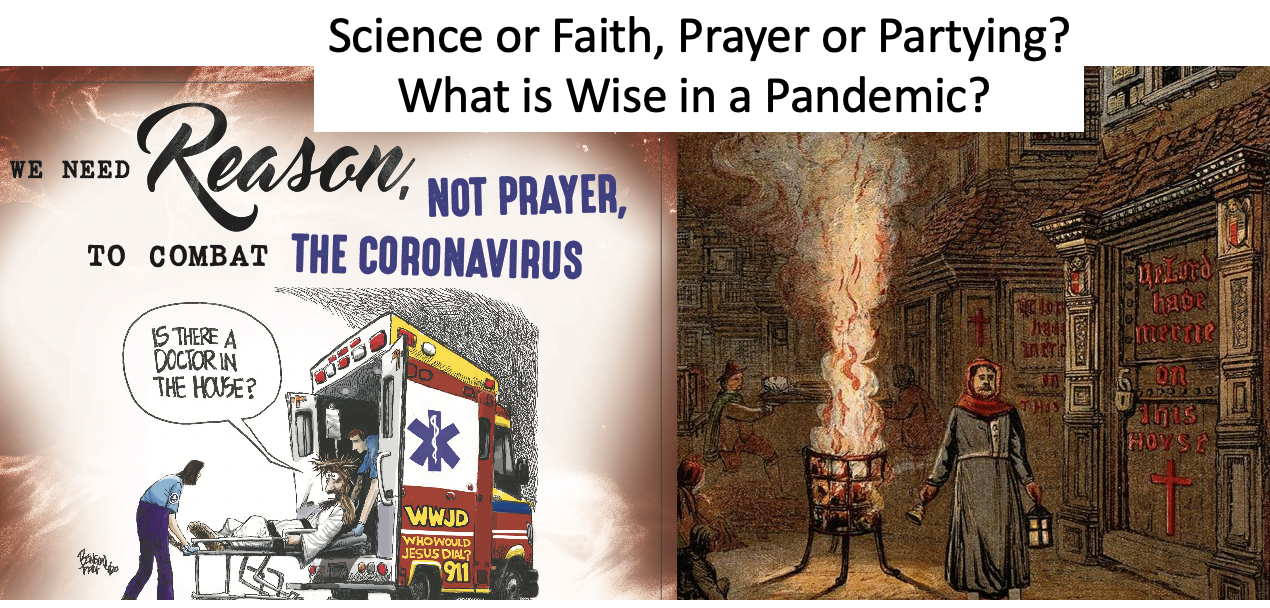Fresno Bee, May 31, 2020
The pandemic has left people feeling numb, powerless, and hopeless. One recent article suggests that half of Americans have the blues. People are out of work and struggling to pay the rent. There is political animosity and racial tension.
Reopening things will get some folks back to work. But the economy is still a mess. Political nonsense continues to flow out of D.C. And a second wave of infections and shut-downs is waiting in the wings. We can’t go back to the carefree world we once knew.
This is a good time to turn to the blues, an art form full of nostalgia and despair. As John Lee Hooker sang, “Hard times are here to stay.” The world is out of joint. We dream of going home. But we can’t get there. So we sing.
Great songs, inspired novels, and new art will emerge from this crisis. Art grows from hard times.
The Great Depression gave birth to Steinbeck’s “The Grapes of Wrath,” for example. At one point in the story, poor folks chip in for a funeral for a child who died of malnourishment. Steinbeck then offers a simple prayer for the common man. “Pray God some day kind people won’t all be poor. Pray God some day a kid can eat.”
The Depression also inspired Langston Hughes’s dream of an America that didn’t exist. In the 1930s he wrote, “Out of the rack and ruin of our gangster death, the rape and rot of graft, and stealth, and lies, we, the people, must redeem the land, the mines, the plants, the rivers … and make America again.”
These artists confronted the bleakness of their time with a kind of hope. Rather than weep and wail, artists turn suffering into song. And you don’t have to be a genius to participate in the magic of art. Everyone can make lemons into lemonade. The creative urge is deeply human.
Consider the surge in baking that occurred during quarantine. Stores ran short on flour and yeast. Bread nourishes the body. But there is therapy in the culinary arts. Mixing, kneading, and waiting give shape to bread — and to poetry and life.
Life is made meaningful by creative activities. Joy is found in sharing this with others, telling stories, singing, laughing, crying, and eating together.
We sing, bake, and build because of an upsurge of energy. A kind of spiritual leavening occurs in the active and inspired mind, as ideas and emotions ferment and overflow. The vitality of the mind impels it to create and to communicate.
The philosopher Friedrich Nietzsche said that inspired spirits enrich the world out of their overflowing fullness. Art is the expression of will and energy. Suffering becomes meaningful when it is transformed into poetry, prayer and thought.
The blues tradition provides a great example. The blues grew out of the anguish of the African American experience. The novelist Ralph Ellison once explained that the blues express both the agony of life and a toughness of spirit. It offers no solutions or scapegoats. But it turns heartache into song. Ellison wrote, “The blues is an impulse to keep the painful details and episodes of a brutal experience alive in one’s aching consciousness, to finger its jagged grain, and to transcend it.”
When hard times become art, courage and resilience emerge. Langston Hughes described the blues as sadness hardened with laughter. This requires audacity and tenacity. There are tears and loss. But the artist responds with energy and gives birth to something new that is both melancholy and beautiful.
I don’t mean to suggest that everyone ought to become professional artists. Artists are going to be hard-pressed to make a living these days. But one cure for the pandemic blues is to find solace in creativity, whether baking, singing or writing.
Nor do I mean to say that art can solve our problems. We need scientists to find a vaccine. Economists must tackle unemployment. And psychologists are needed to treat clinical depression. Art does not solve problems. Rather, it helps us cope. Art kneads our pain and causes it to ferment and rise up. And somehow this transforms the deep and lowdown blues into food for the soul.




